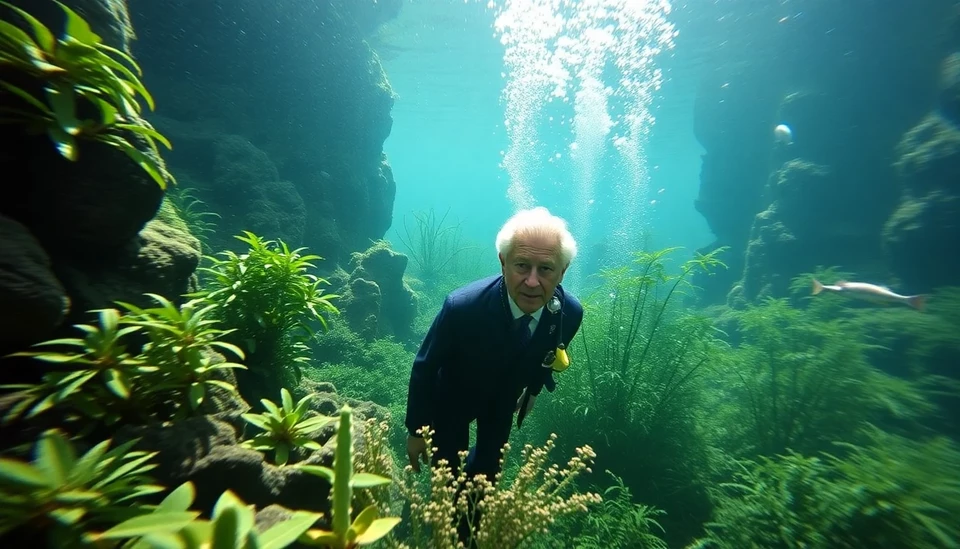
In a groundbreaking development, King Charles III and several major financial institutions are now venturing into the burgeoning biodiversity credit market. This collaborative effort aims to bridge the gap between environmental conservation and capital investment, presenting a new avenue for both protecting global ecosystems and providing financial returns. The urgency of this move has been emphasized given the alarming rate at which biodiversity is declining worldwide.
The biodiversity credit market serves as a mechanism by which individuals, companies, and governments can invest in projects designed to enhance or restore natural habitats. By purchasing biodiversity credits, entities can offset their environmental impact while directly contributing to the recovery of delicate ecosystems. For instance, a logging company may buy credits to compensate for its deforestation activities by funding reforestation projects. Recently, this market has gained traction as businesses increasingly recognize the importance of sustainability in their operations and brand image.
King Charles III has long been an advocate for environmental issues, and his involvement in the biodiversity credit market can be viewed as part of his broader commitment to sustainability. His initiatives aim to raise awareness about the pressing need to protect biodiversity, which is critical for maintaining the balance of our ecosystems, supporting food production, and mitigating climate change. This latest endeavor aligns with his vision of integrating environmental considerations into financial decision-making.
Leading financial institutions, including several large banks, are also stepping into this arena. Their participation is expected to inject significant capital into biodiversity projects, potentially transforming how conservation initiatives are funded. By harnessing their financial expertise and resources, these banks are well-positioned to create innovative financial products that cater to investors keen on aligning their portfolios with ecological goals.
The biodiversity credit market is still in its nascent stages, but there are indications that it could soon become a key element of global investment strategies. With growing recognition of the economic risks posed by biodiversity loss, financial entities are increasingly prioritizing sustainable investments. This shift could lead to a larger allocation of resources towards conservation efforts, further propelled by the attractive returns associated with well-managed biodiversity projects.
Moreover, collaboration between the monarchy and financial institutions may set a strong precedent for public-private partnerships aimed at environmental sustainability. It highlights a shift toward shared responsibility in combating climate change and supporting biodiversity. As regulations around environmental accountability tighten, businesses may find themselves compelled to participate in such markets, making biodiversity credits part of a comprehensive strategy to enhance their sustainability profiles.
As these developments unfold, stakeholders across various sectors will be closely watching the outcomes of this partnership. With King Charles III and major banks championing the cause, there is hope that the biodiversity credit market will gain momentum, raising both awareness and funds crucial to preserving the planet's natural heritage for future generations. The blending of royal influence with financial acumen presents a unique opportunity to catalyze meaningful change in the quest for ecological balance.
The pressure is mounting for actions that align investment with ecological health, forcing a reevaluation of traditional financial practices. The biodiversity credit market may just be the innovative solution needed to spur a global movement towards a more sustainable future.
#BiodiversityCredits #Sustainability #KingCharlesIII #EnvironmentalFinance #ConservationEfforts #BiodiversityMarket #ClimateAction #GreenInvesting #FinancialInstitutions
Author: Sophie Bennett




